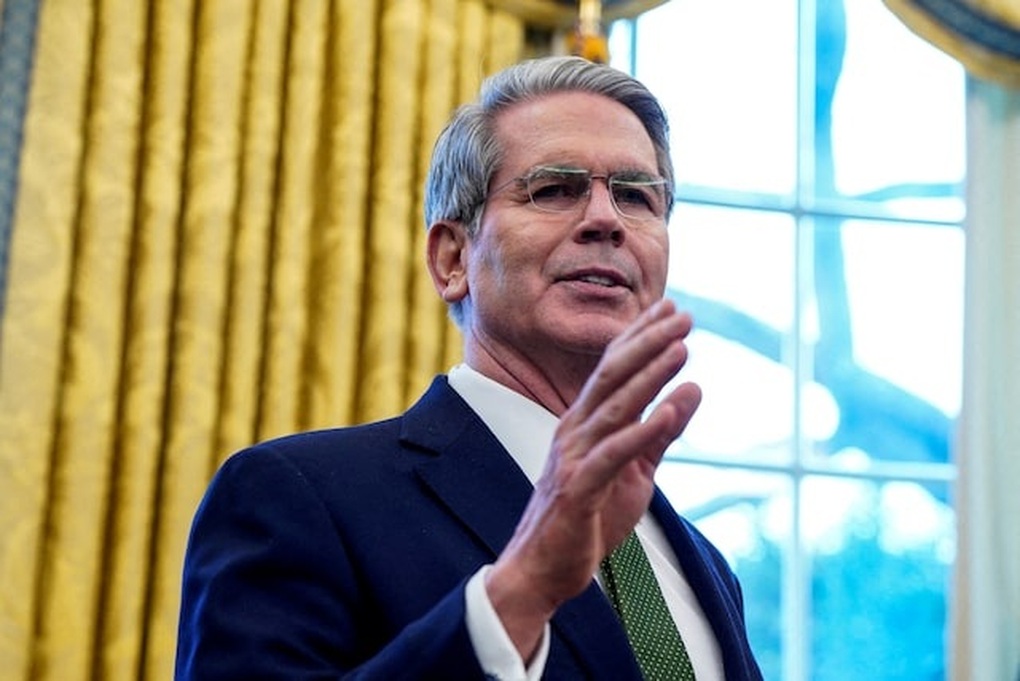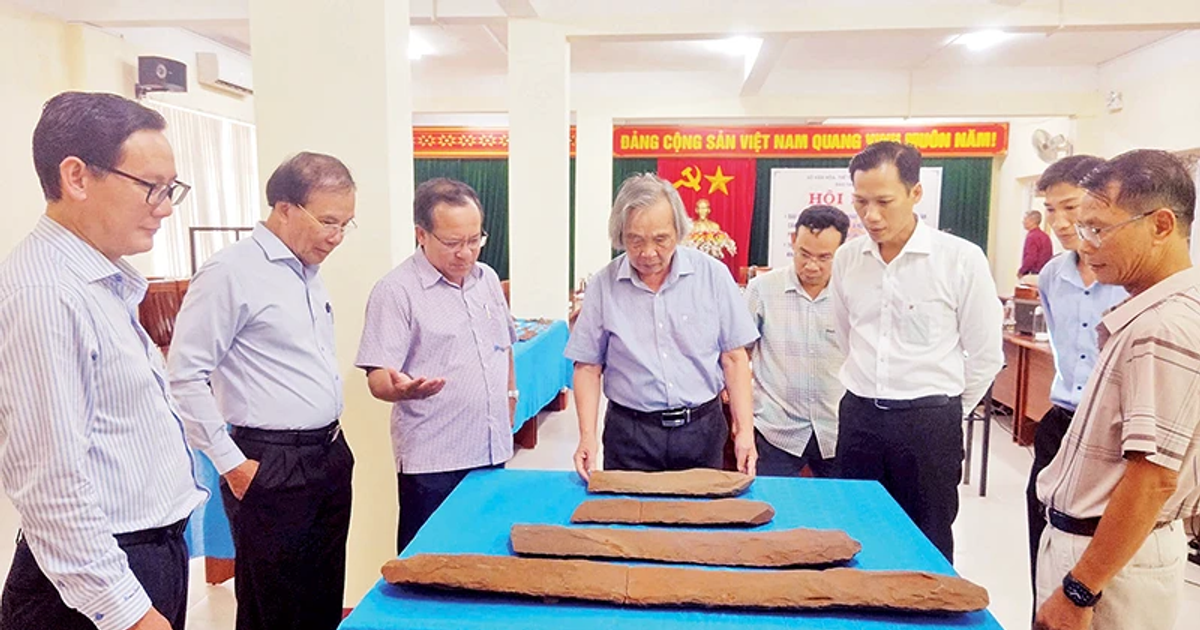Recently, some US congressmen proposed using the money collected from import taxes to "share" with the people, with a minimum of 600 USD/adult and child. Accordingly, a family of 4 could receive 2,400 USD from the US government .
However, in an interview with CNBC on August 19, US Treasury Secretary Scott Bessent dismissed the idea. "I think at some point we could do that. But right now, President Donald Trump and I are focused on paying down the debt," he said.
The U.S. Treasury Department reported that the country collected about $100 billion in import duties between April and July. In an interview on Aug. 19, Mr. Bessent said this year’s tax collection could exceed forecasts.
"I've said it could be $300 billion. But I'm probably going to have to raise that forecast. We're going to reduce the deficit as a percentage of GDP, we're going to start paying down the debt, and at some point we're going to make it up to the American people," Bessent said.
President Trump has also touted the potential for increased revenue from import tariffs, saying the money could be used for multiple purposes, including paying down the massive national debt and “dividing money” among Americans.

US Treasury Secretary Scott Bessent (Photo: Reuters).
“My primary goal is to use this money to pay down the debt, and that’s going to be on a very large scale,” Trump said on August 5. “But I also think we’re taking in so much money that it could be a direct benefit to the American people.”
In fact, all government revenue—from ordinary taxes to tariffs—goes into a general fund managed by the Treasury Department, known as “America’s checkbook.” This fund is used to pay for things like Social Security, welfare, and other government expenses.
When revenue is not enough to cover expenditures, the government must borrow to cover the deficit. As of now, the total US public debt has exceeded $36,000 billion. The number is steadily increasing and has many economists worried because of the high interest burden and at the same time, it reduces resources for investment in infrastructure and essential sectors.
Although the revenue from tariffs is not enough to erase the $1.4 trillion budget deficit in the current fiscal year, it will help reduce the need for new borrowing, thereby somewhat limiting the rate of increase in public debt.
Source: https://dantri.com.vn/kinh-doanh/thu-hang-ty-usd-moi-thang-tu-muc-thue-quan-moi-my-dinh-dung-lam-gi-20250820183320273.htm
























![[Photo] An Phu intersection project connecting Ho Chi Minh City-Long Thanh-Dau Giay expressway behind schedule](https://vstatic.vietnam.vn/vietnam/resource/IMAGE/2025/8/21/1ad80e9dd8944150bb72e6c49ecc7e08)






































![[Photo] Politburo works with the Standing Committee of Hanoi Party Committee and Ho Chi Minh City Party Committee](https://vstatic.vietnam.vn/vietnam/resource/IMAGE/2025/8/21/4f3460337a6045e7847d50d38704355d)
































Comment (0)